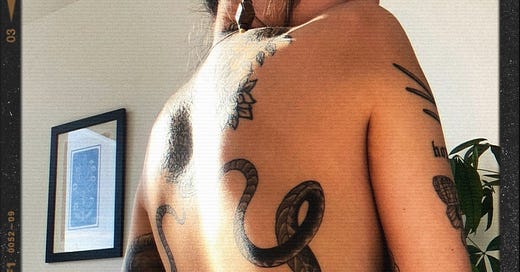The Slow Unfolding of Belonging
A different kind of strength—letting people in, one small act of trust at a time.
When I was first diagnosed with LGMD2B, I didn’t know anyone else like me. No one who understood the quiet grief of losing small pieces of independence, or the mental math it takes to plan a day around energy levels, or the emotional weight of watching your body change in ways you can’t control—ongoing things I’m still navigating today.
For a long time, I internalized the idea that I had to manage it all on my own. Be strong. Be low-maintenance. Don’t make people uncomfortable. I became fluent in being easy to be around, even when I was unraveling.
But once I started advocating for myself, I discovered my disabled community. It wasn’t a loud discovery—it was a slow unfolding, a gentle invitation to show up as I was. And that changed everything. These were my people. For the first time, I felt like I belonged to something bigger than myself.
Letting non-disabled people into my world has been its own kind of learning. Trust doesn’t come easy when you’ve been dropped, dismissed, or made to feel like a burden. But I’m beginning to see that letting people in—really in—requires a different kind of strength. It’s not about independence or proving anything. It’s about interdependence. It’s about saying, I need help, and letting that be okay. Letting that be human.
It’s about allowing people to witness your life—not just the highlight reel but the hard, unglamorous parts, too. And knowing that the right ones won’t run—they’ll show up, again and again. I used to believe that needing help meant I wasn’t “good” enough. Now I understand it means I’m allowing connection. It means I trust that being cared for isn’t weakness—it’s worthiness.
I’ll always be grateful to my disabled kin for showing me what true solidarity feels like. And I’m slowly learning to trust that some non-disabled people want to show up—not to fix or rescue, but to be alongside me. And that kind of trust? That’s a different kind of healing.
None of us are meant to do life alone. And we don’t have to.




